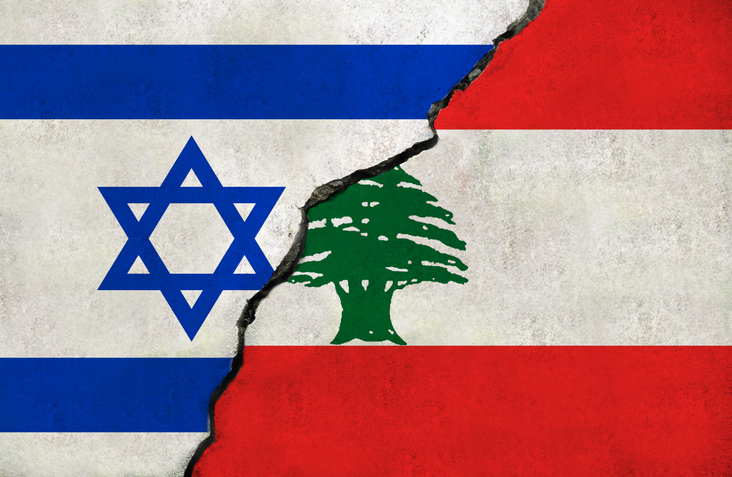United Nations peacekeepers were deployed to patrol Lebanon’s southern border with Israel in 1978 after Israel invaded south Lebanon.
The mandate for the operation – known as the U.N. Interim Force in Lebanon or UNIFIL – is renewed annually by the 15-member U.N. Security Council.
Following a month-long war between Israel and Lebanese militants Hezbollah in 2006, the mandate for UNIFIL was expanded when the council adopted resolution 1701.
WHAT IS THE BLUE LINE?
The Blue Line is a U.N.-mapped line separating Lebanon from Israel and the Israeli-occupied Golan Heights. Israeli forces withdrew to the Blue Line when they left south Lebanon in 2000. Any unauthorized crossing of the Blue Line by land or by air from any side constitutes a violation of Security Council resolution 1701.
WHERE DO PEACEKEEPERS OPERATE?
The area of operations for U.N. peacekeepers is marked by the Litani River in the north and the Blue Line in the south. The mission has more than 10,000 troops from 50 countries and about 800 civilian staff, according to its website.
WHAT DOES RESOLUTION 1701 MANDATE?
It allows peacekeepers to help the Lebanese army keep the area of operations free of weapons or armed personnel other than those of the Lebanese state.
That has sparked friction with Iran-backed Hezbollah, which effectively controls southern Lebanon despite the presence of the Lebanese army. Hezbollah is a heavily armed militant group that is Lebanon’s most powerful political force.
The peacekeeping mission is also directed by resolution 1701 “to take all necessary action in areas of deployment of its forces and as it deems within its capabilities, to ensure that its area of operations is not utilized for hostile activities of any kind.”
HOW DO PEACEKEEPERS DEAL WITH VIOLATIONS OF RESOLUTION 1701?
The peacekeeping mission is required to report all violations to the U.N. Security Council. The U.N. secretary-general reports to the council every four months – “or at any time as he deems appropriate” – on the implementation of resolution 1701.
According to UNIFIL’s website, peacekeepers take preventive measures when monitoring the Blue Line, which includes the airspace above it, through coordination, liaising and patrolling to prevent violations.
Whenever there is an incident “UNIFIL immediately deploys additional troops to that location if needed to avoid a direct conflict between the two sides and to ensure that the situation is contained,” according to the UNIFIL website.
The mission also liaises with the Israeli and Lebanese military “to reverse and bring an end to the situation without any escalation.”
VIOLATIONS
The U.N. secretary-general has regularly reported violations of resolution 1701 by both sides.
A November 2022 report to the Security Council said that “the continued self-acknowledged maintenance of unauthorized weapons outside state control” by Hezbollah and other armed groups was a “persistent, grave violation.”
The same report also said “continued violations of Lebanese airspace by Israeli aircraft and uncrewed aerial vehicles remain of deep concern.”
U.N. peacekeepers’ freedom of movement has also been regularly impeded, according to U.N. reports.
The most recent report to the council by the secretary-general in July cites all the same issues.
(Reuters)














